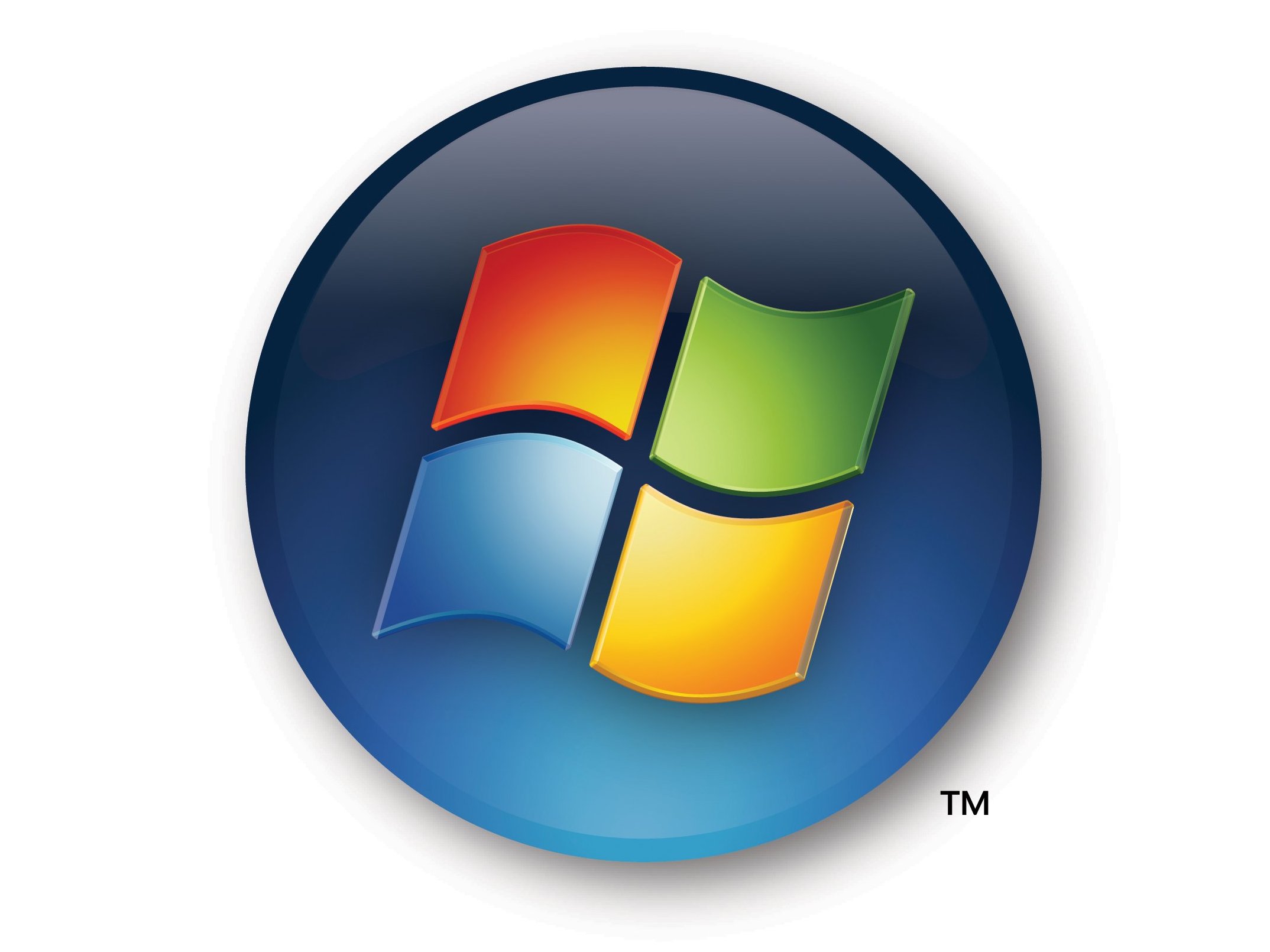Microsoft has its head in Azure clouds
New software-and-services Windows platform announced today

The open secret that Microsoft is ascending into cloud computing was let out of the bag today, as Ray Ozzie, Microsoft's chief software architect, formally announced Windows Azure, the cloud-based service foundation underlying its Azure Services Platform.
The Azure platform combines cloud-based developer capabilities with storage, processing and network infrastructure, all hosted on servers operating within Microsoft's global datacentre network.
Microsoft envisages a world of new applications and services for all kinds of devices, from PCs to mobile phones, and will be releasing the first test builds of Azure to developers immediately.
Microsoft is nothing if not ambitious. Its 'internet-scale' cloud platform relies on innovative new datacentres across the USA and in Dublin. It has even used shipping containers as flexible and portable housing for servers, and claims to have attained ten times the density together with dramatic savings in power usage.
Azure thing?
Windows Azure should integrate neatly with other Microsoft products, including SQL, SharePoint and Dynamics CRM, .NET services, plus the Live services for consumers (as seem in the Equipt version of Office released recently).
Windows Azure will compete with Amazon's funkily named Elastic Compute Cloud, as well as Google's App Engine, both of which are already live. All allow consumers - and especially businesses - to effectively outsource key IT functions such as email or file sharing and collaboration.
Get daily insight, inspiration and deals in your inbox
Sign up for breaking news, reviews, opinion, top tech deals, and more.
There's been no confirmation of on pricing or licensing deals for the new platform, but it is very likely to run along the lines of Microsoft Equipt, which gives full Office functionality, document storage and free upgrades on an annual subscription rather than a one-off purchase fee.
Business users will pay by consumption, depending on how storage, bandwidth and processing power they need.
Mark Harris is Senior Research Director at Gartner.